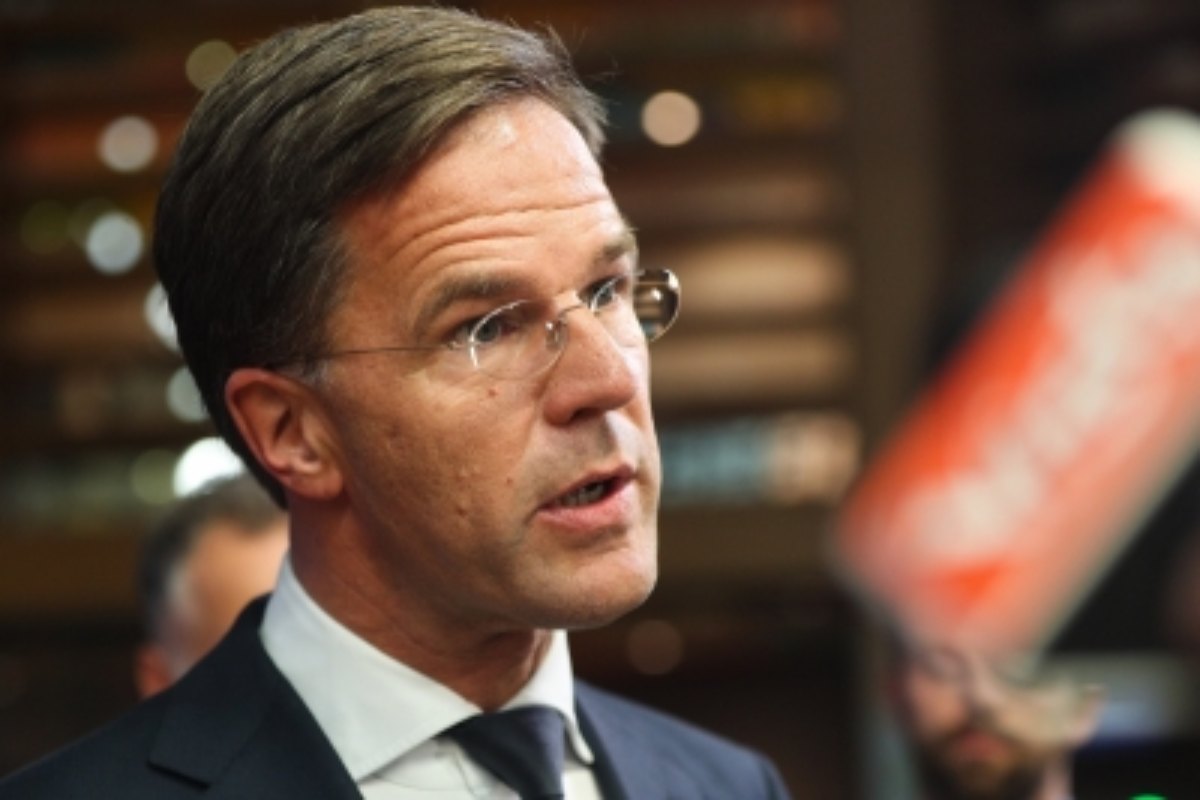Dutch Prime Minister Mark Rutte has announced the collapse of his government after a failure to reach an agreement on an immigration policy between the four coalition parties, a move that will now trigger elections later this year.
“It is no secret that the coalition partners have very different views on migration policy. And today we unfortunately have to conclude that those differences are irreconcilable,” Xinhua news agency quoted Rutte as saying at a press conference in The Hague late Friday night following a meeting with his Ministers.
Advertisement
“This decision is difficult for all of us and for me personally too. It is regrettable that it did not work out,” he added.
The four parties all believe that measures need to be taken on migration issues, but they still have disputes about the strictness of the approach.
The most thorny issue is family reunification.
Rutte’s People’s Party for Freedom and Democracy and the Christian Democratic Appeal insisted that a restriction on family reunification is a way to reduce the migration flow, but the Democrats 66 and Christian Union drew a red line on this.
The government later said in a statement that Rutte has filed an application for the resignation of all ministers and state secretaries to King Willem-Alexander.
“The King has considered the application for dismissal and has requested the Prime Minister, Ministers and State Secretaries to continue to do whatever they deem necessary in the interests of the Kingdom,” it said.
The monarch will meet with Rutte on Saturday for an explanation of the cabinet’s application for resignation, it added.
The collapse of the current government means new elections have to be planned, probably in November, according to local media reports.
Rutte, 56, is the longest-serving government leader in Dutch history and the most senior in the European Union after Hungary’s Viktor Orban.
He is expected to lead his VVD party again at the next elections.
Rutte’s current coalition, which came to power on January 10, 2022, was his fourth consecutive administration since he became Prime Minister in October 2010.
The Netherlands already has a one of Europe’s toughest immigration policies but under the pressure of right-wing parties, Rutte had for months been trying to seek ways to further reduce the inflow of asylum seekers, CNN reported.
Asylum applications in the Netherlands jumped by a third last year to over 46,000, and the government has projected they could increase to more than 70,000 this year — topping the previous high of 2015.
This will again put a strain on the country’s asylum facilities, where for months last year hundreds of refugees at a time were forced to sleep in the rough with little or no access to drinking water, sanitary facilities or healthcare.
